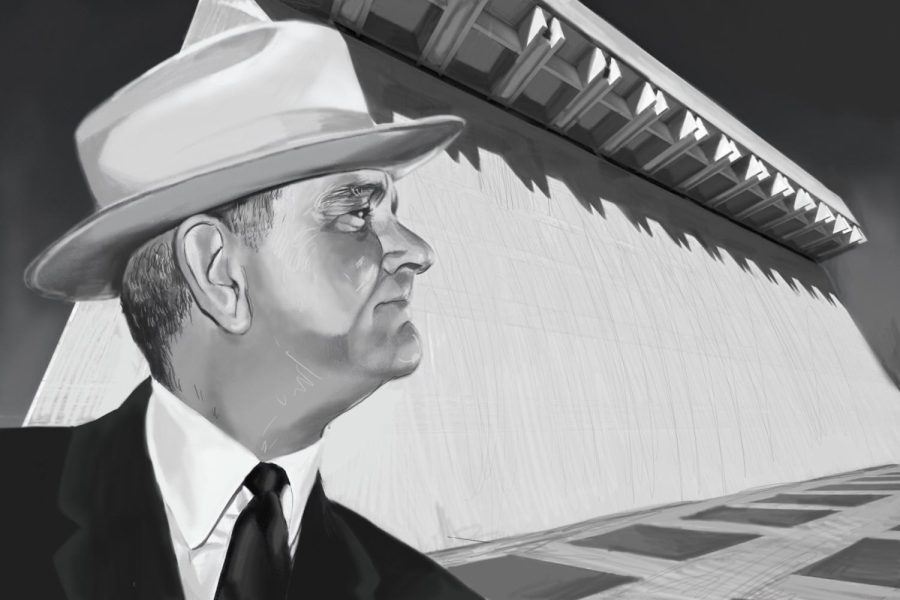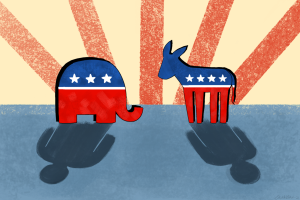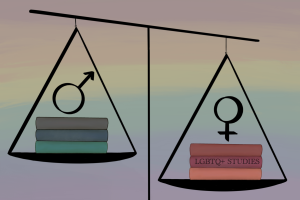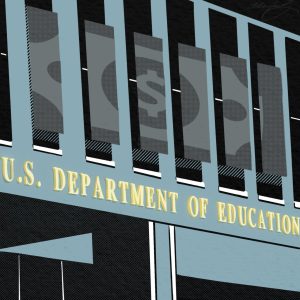What we can learn from LBJ’s legacy
April 3, 2023
There’s no doubt that President Lyndon Baines Johnson left a lasting legacy on UT.
Known as “LBJ,” Lyndon Baines Johnson was a fierce policy advocate, a master of the political system and a symbol of both successful and short-fell leadership. During his time as president, he established crucial policy foundations that still echo in legislatures and administrations today.
Considering LBJ’s legacy and prominent leadership philosophy, students should take time to appreciate his success and failures while also utilizing the resources that bear his name — the library, museum, speaker series and public policy school.
With his legacy come many UT resources, most crucially, the LBJ Presidential Library on campus. Opened in May 1971, the library welcomes around a hundred thousand visitors per year, from students and professors to international scholars and more. With an extensive scope of resources, students have access to millions of historical primary sources, recorded phone conversations and interesting trinkets from his time as president.
LBJ, who enacted nearly two hundred pieces of legislation, has shaped American society as we know it today.
“Lyndon Johnson, in many ways, represents the arc of American history in the last century, and we learned so much about our society by studying his life,” said Jeremi Suri, the Mack Brown Distinguished Chair for Leadership in Global Affairs and a professor of public affairs and history. “He grows up in rural Texas with no electricity, goes to a small one-room school, but then he will go on to become the person who writes the legislation to create NASA.”
Undoubtedly, we can also learn from LBJ’s failure. His domestic agenda was effective, but his foreign agenda, not so much. Johnson ultimately left office with low approval ratings, but his tenacity in balancing these two aspects can be a lesson learned by UT students.
“LBJ has always been a complicated president, even with some of the biggest sweeping programs with the Great Society that we’ve seen,” said Shannon Bow O’Brien, associate professor of instruction. “To put it bluntly, there’s a lot to chew on in that administration.”
LBJ also has many great resources on campus that students and faculty alike can use. The LBJ Library houses more than 45 million pages of presidential documents, an audiovisual collection and a plethora of photos, recordings and interviews.
“Many students go over to the LBJ Library and get involved in doing original research,” Suri said. “You can go and read the documents about debates about poverty legislation and debates around the creation of the Housing and Urban Development Corporation. Students can learn firsthand and study the original materials like the way we do as historians.”
The LBJ staff also prepares and facilitates many speaker serieses and experts to discuss instrumental policy issues.
“The LBJ Library, in conjunction with other parts of our campus, brings in speakers and experts to talk about these issues,” Suri said. “There are people who are former policymakers or current policymakers.”
Lyndon Baines Johnson was an unapologetic and proud Texan. We, as a part of UT, can learn from his legacy and the resources that bear his name. Utilizing the library’s documents, historical archives and many facts is one step toward a greater society.
Students should visit and use the LBJ library and learn from his legacy.
Wan is a civil engineering and Plan II freshman from Houston, Texas.
















